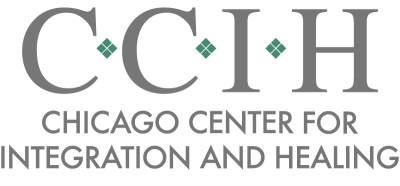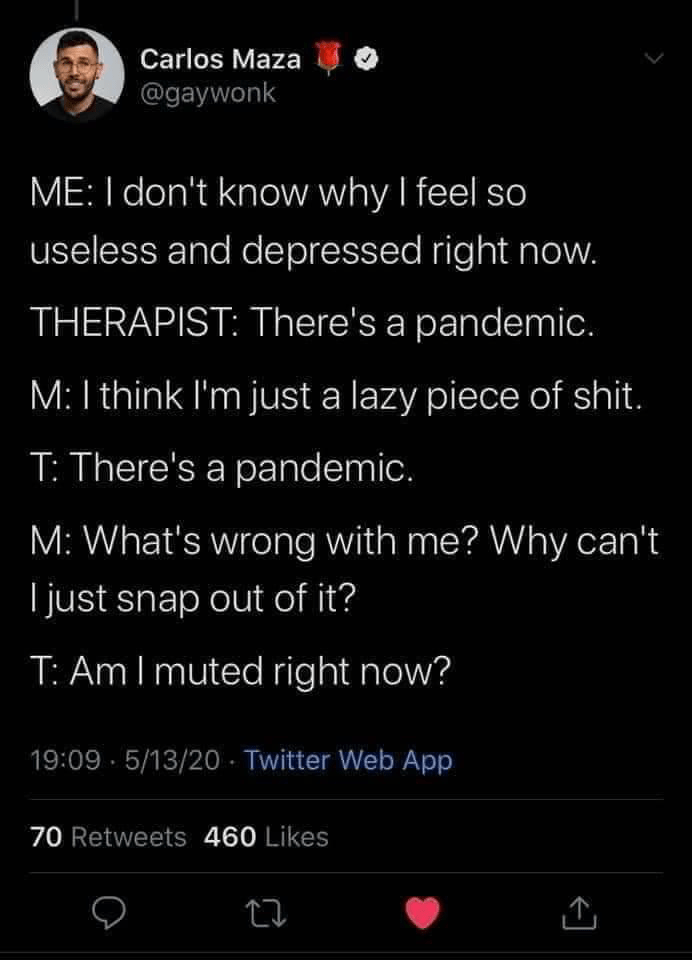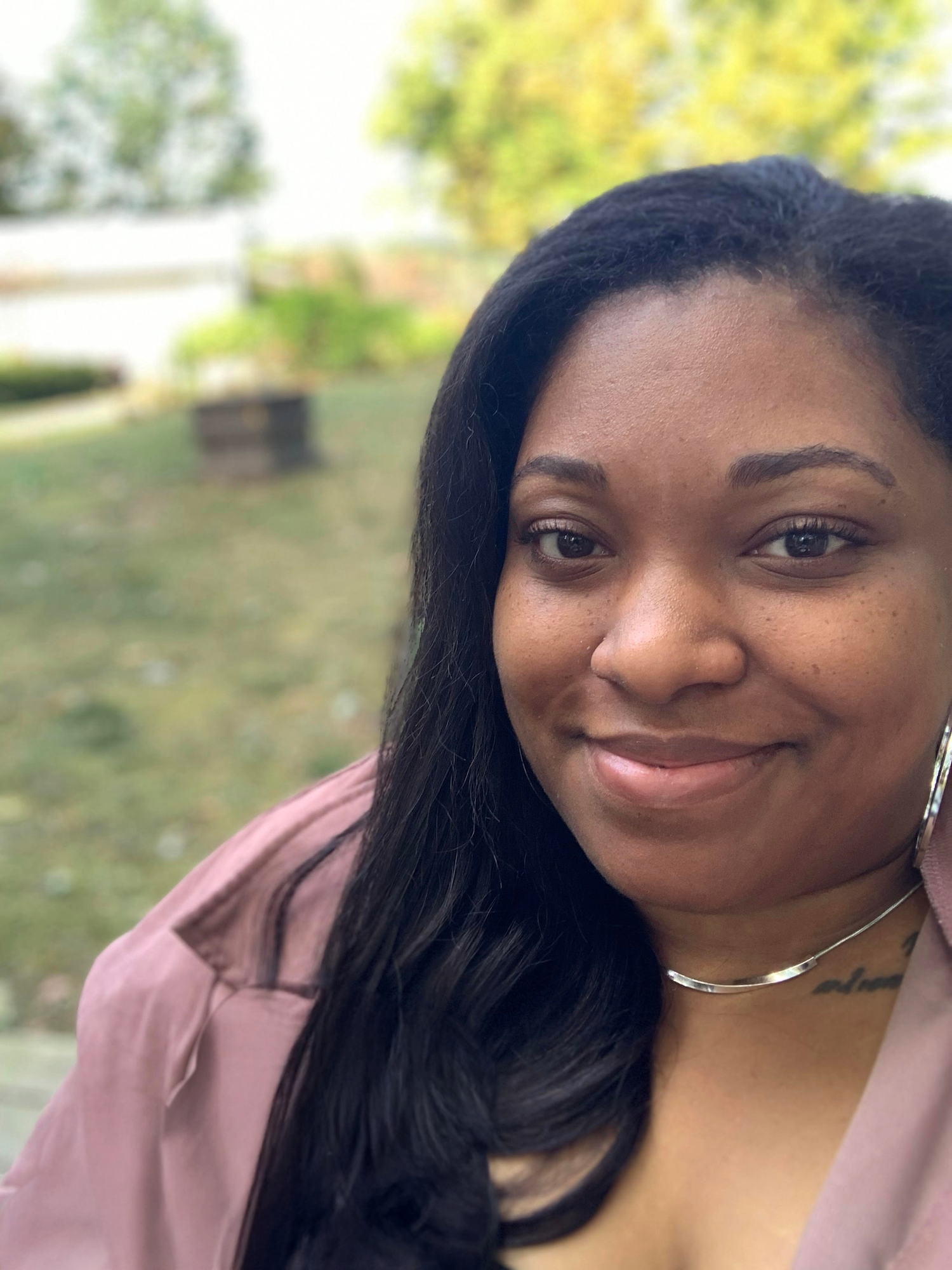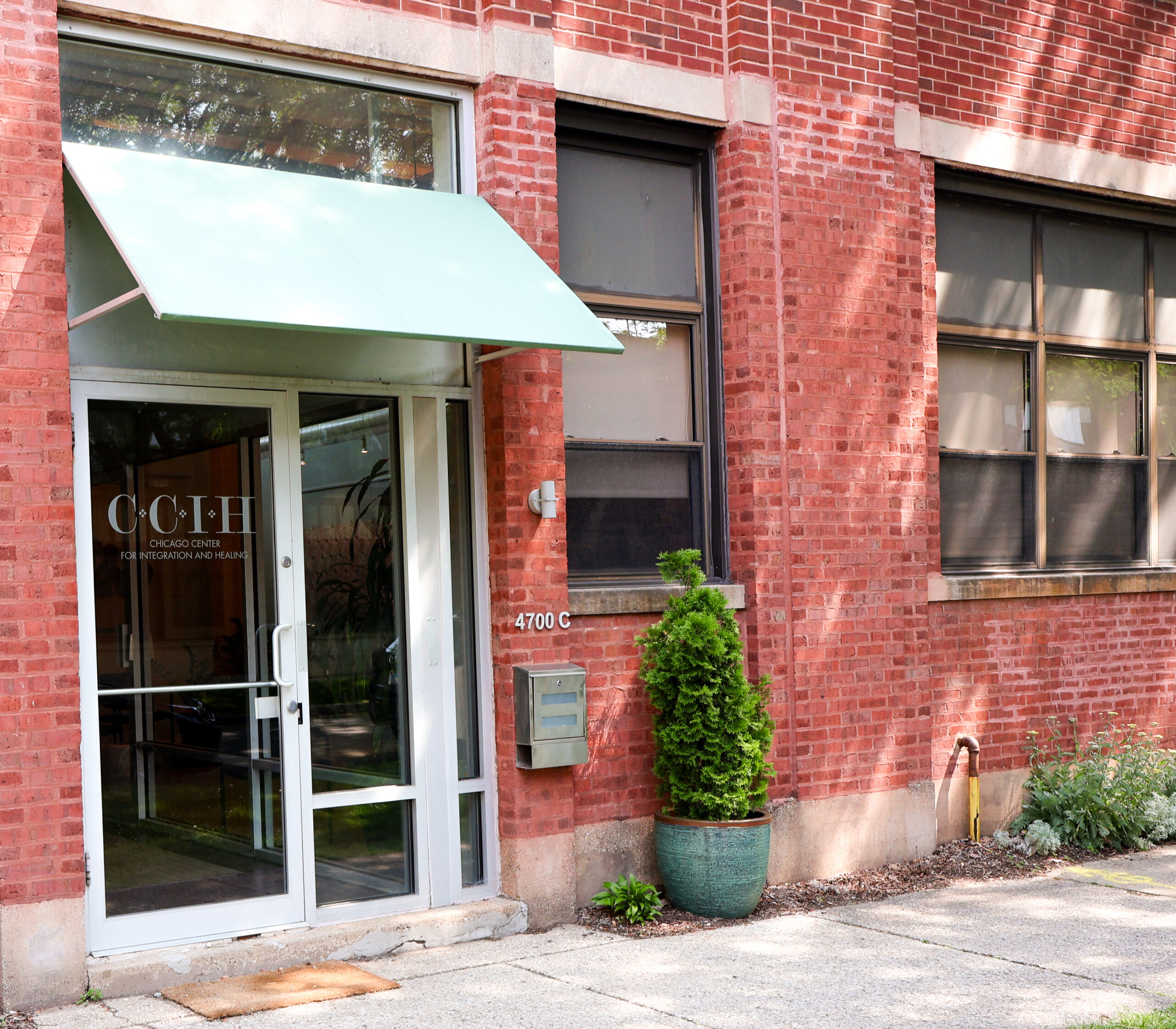I’m sure I don’t need to tell anyone that there is a lot going on in the world right now. COVID-19, the uprising that is happening in response to police brutality and white supremacy and violence; politics and the upcoming election and the state of our democracy and the soul of country. Just to name a few.
We know this, and yet it is hard to keep in awareness how all of these things are constantly impacting our nervous systems. Regarding COVID-19 particularly, our nervous systems register this potentially deadly illness as a threat, whether we realize that or not. At some level, we all feel the terror that there is this very contagious, potentially deadly illness out there. Essentially, we are experiencing trauma. And this has major impacts on our functioning, regardless of whether we are aware of that or how we think about it, because of how our nervous systems function in response to trauma.
Our central nervous system, in addition to doing many other things, functions as our bodies’ alarm system. It detects potential threats on a completely subconscious level using a function called neuroception. This is because, if we are about to say, be hit by a bus, if we had to wait for our brains to register what was happening and formulate a reaction, we would all be hit by the bus. It is extremely adaptive and keeps us all alive in many situations. However, it has its limitations. This system evolved in response to acute threats like getting eaten by an animal; the kind of thing that has a beginning and end and is usually over relatively quickly. When our systems have to deal with a chronic threat, they are overwhelmed and start using other coping strategies, often ones that we developed unconsciously in childhood. Things like avoidance, dissociation, anxiety, and hypervigilence. Another thing to be aware of is that using these strategies on a near constant basis for long periods of time is mentally and physically exhausting. If you find that you have been more tired than usual, this is probably at least partly why.
So, if you find yourself using coping strategies that you don’t typically use, or haven’t in a long time, or are feeling irritable, distracted, checked out, easily overwhelmed or exhausted, remember that we are all collectively experiencing trauma, whether we are aware of it or not. If you are a person who already has a history of trauma, this is probably exacerbating things. If you are a person that did not have any trauma in their past, then welcome to the club that no one ever wants to join. We are all “in our strategies” right now as we cope with everything happening in the world. Go easy with yourself and remember that every little thing you do to support your nervous system matters-it doesn’t have to be a huge thing. Talk to a therapist. Find the things that both feel manageable and that help you feel better. Hang in there.









